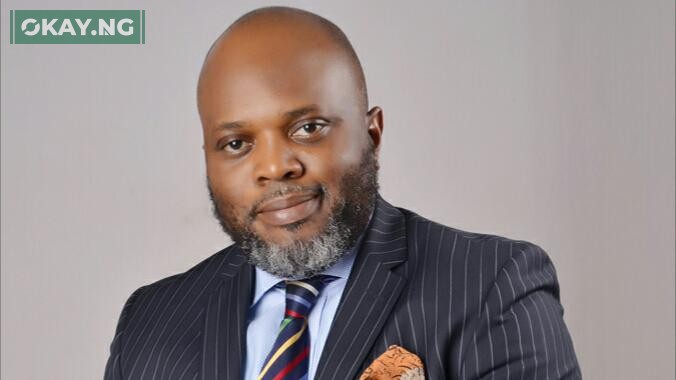Despite the naira’s continued slide against the U.S. dollar, President Bola Tinubu’s Special Adviser on Economic Affairs, Dr. Tope Fasua, says the local currency retains significant purchasing power within Nigeria, okay.ng reports.
Speaking on Mic On Podcast hosted by journalist Seun Okinbaloye, Fasua argued that while $1 now exchanges for over ₦1,500, it still holds real value for everyday Nigerians.
“People keep focusing on exchange rates, but forget the local context of purchasing power,” Fasua said. “One dollar might not mean much in the U.S., but here in Nigeria, it can still get you a decent meal.”
He continued, “$10 won’t buy you lunch anywhere in the U.S. you probably need $20, which is about ₦30,000. But here in Nigeria, you can eat well with far less. In Gwarinpa, for instance, you can get boli and fish for ₦1,500 if you know where to go.”
Addressing broader economic concerns, Fasua also commented on how poverty is often misunderstood in Nigeria. He pointed out that the concept of multi-dimensional poverty, a measure used globally, goes beyond income and includes access to education, healthcare, and basic infrastructure.
“Some think multi-dimensional poverty is worse than food poverty,” he explained. “But it often just means your school or hospital is too far away, not necessarily that you can’t eat.”
Fasua’s remarks come at a time of intense economic debate, with Nigerians grappling with rising inflation, a weakened naira, and shifting standards of living. While his comments were intended to highlight local affordability, they have sparked mixed reactions online, with some critics accusing the government of downplaying the severity of economic hardship.













